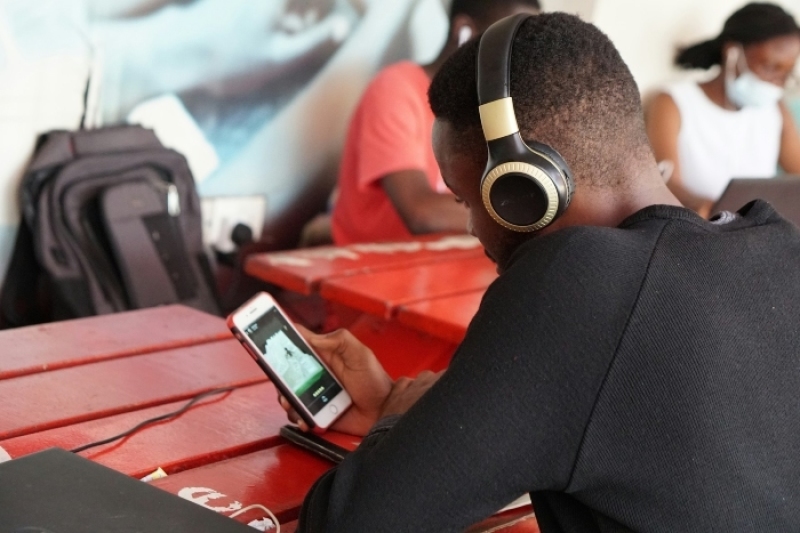
The percentage of U.S. adults not affiliated with any religion has stabilized at 26 percent since 2022, following decades of growth, according to a recent report from the American Bible Society (ABS) in its 2024 State of the Bible release.
This report is based on a nationally representative survey conducted by NORC at the University of Chicago using the AmeriSpeak panel. The findings stem from 2,506 online interviews conducted in January 2024 with adults across all 50 states and the District of Columbia.
Among those identified as “Nones,” 7 percent reported reading the Bible three to four times a year, while only 3 percent agreed that “the Bible is totally accurate in all of the principles it presents,” compared to 38 percent of the general public.
8 percent of Nones indicated that their religious faith is very important in their lives today, a stark contrast to the 50 percent of the general public. Furthermore, 40 percent of Nones believe that the Bible was written to control or manipulate people.
Despite these findings, the diverse group of 70 million Americans labeled as “Nones” includes 10 percent who say they have made a personal commitment to Jesus.
John Plake, ABS Chief Innovation Officer and State of the Bible Editor-in-Chief stated, “One of the things that we think is really useful in ministering to people with no religious affiliation is just to recognize that they’re not against you.”
Plake noted in an interview with Baptist Press that “they’re not against the church, or God or the Bible. They’re in this place in between. It’s this liminal place in between for a lot of Americans, and that gives us hope that we can reach out to those people and we can communicate the Gospel clearly and biblically.”
He also cited a trend indicating that Americans are becoming less affiliated with specific religious brands, mentioning, “Denominations in America are sort of less brand-aligned than they used to be.”
Plake explained, “When I was growing up … the denominational brand was on the marker of the church. Today, that’s less popular; even if those churches are still affiliated with the Southern Baptist Convention, the Assemblies of God, or the ELCA (Evangelical Lutheran Church in America), they may not actually say that on the sign or make a very big deal about it. So, often people are attending churches, but they actually don’t know what kind of church they’re attending.”
The ABS examined the topic of Nones in the seventh chapter of the latest State of the Bible, which was released on October 10. Ryan P. Burge's 2021 book “The Nones” tracks public data from the General Social Survey dating back to 1972 when only 5 percent of U.S. adults identified as religiously unaffiliated.
“Dr. Ryan Burge has helped us understand that just because someone says they have no religious affiliation, that kind of doesn’t tell us enough about them. They’re not all the same group of people,” Plake stated.
In addition to the 10 percent of Nones who have accepted Jesus, 25 percent expressed openness or curiosity about Jesus or the Bible. Conversely, 64 percent of Nones reported not being curious about the Bible or Jesus, and 40 percent expressed hostility toward the Bible.
“We’ve been concerned that this movement towards no religious affiliation would then become a further movement towards becoming atheist or people who are really opposed to the Gospel,” Plake said, “and we’re not seeing that.”
Rather, researchers believe that many Nones are still exploring their faith, and others will eventually reach a place of exploration. “As a former pastor, I’m thinking, OK, how can we do church in a way that reaches out to our community,” Plake said, “and welcomes people who might be struggling with these issues.”



















